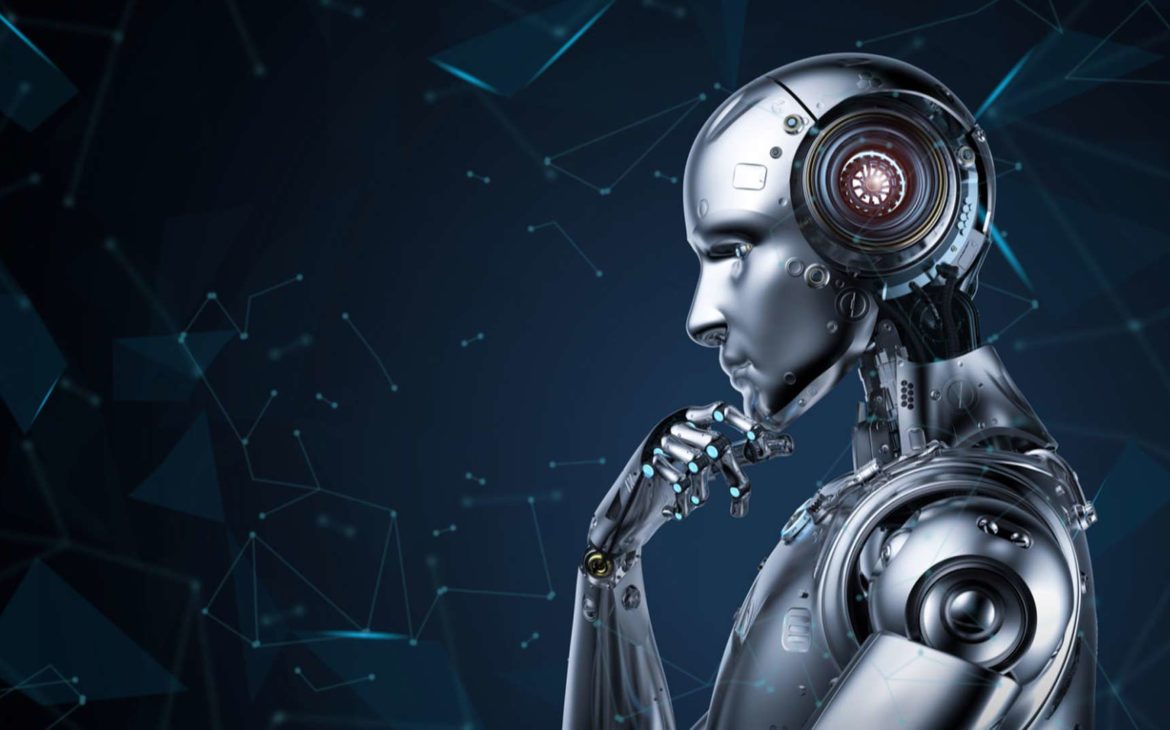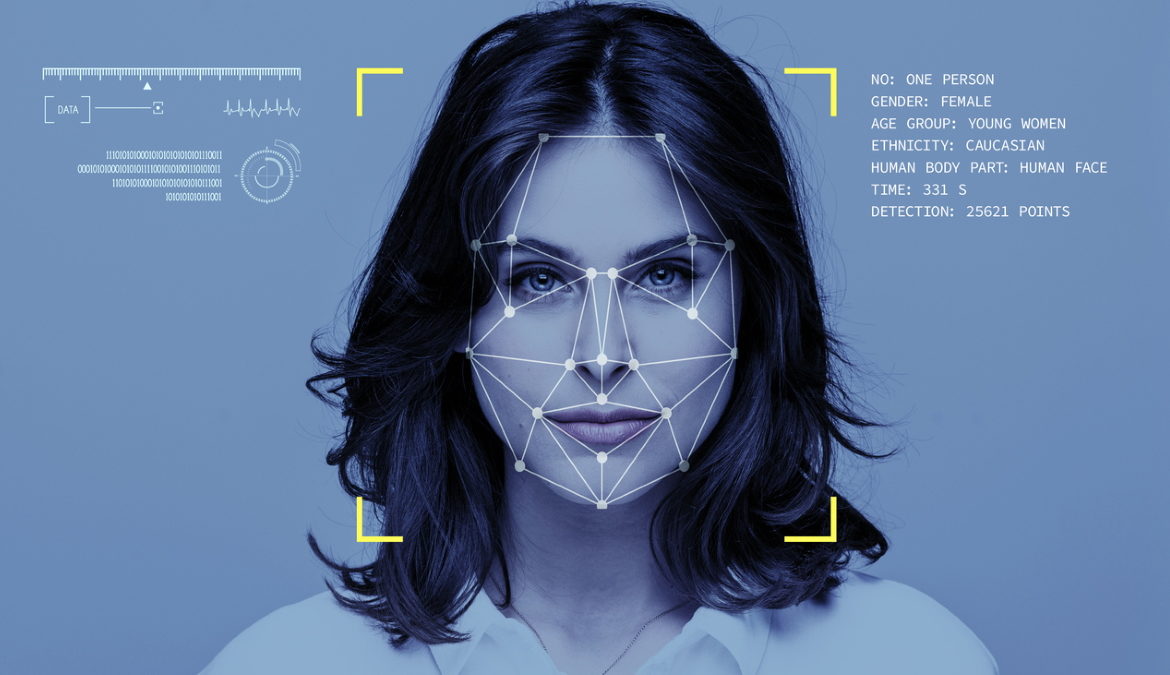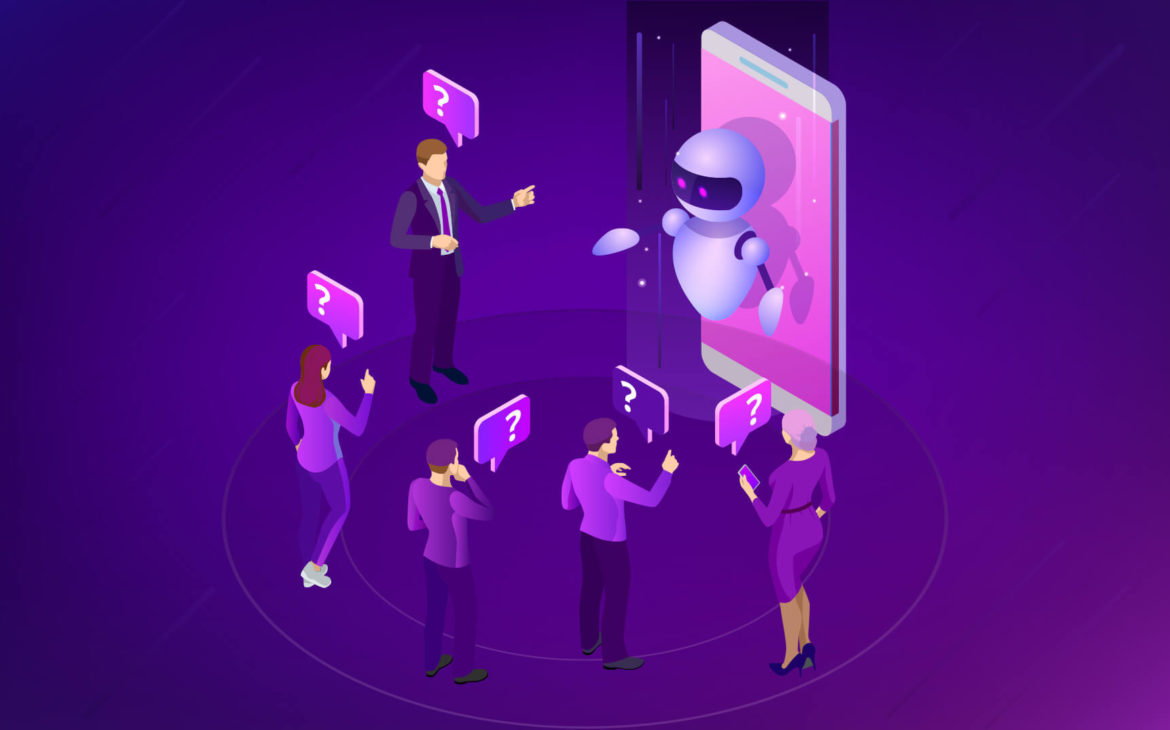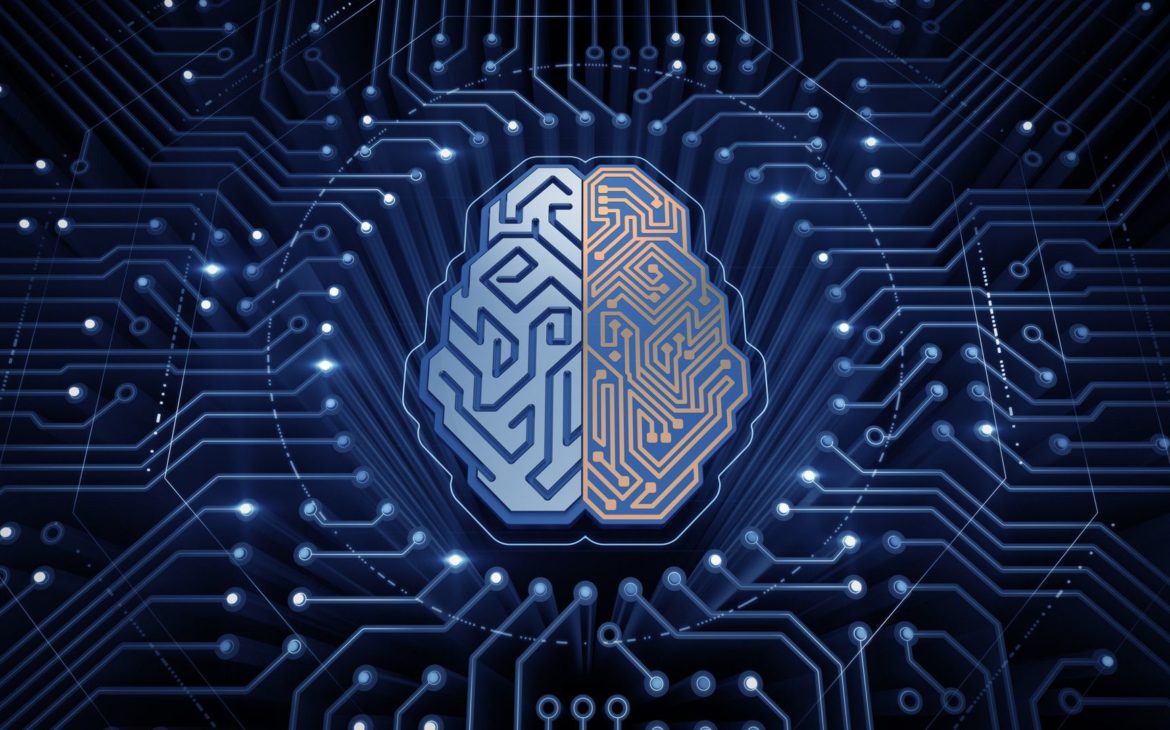We automatically think of sci-fi-inspired, humanoid devices, etc. when we think about robots. While these devices are largely considered mythological, there are many other sorts of robots in use today. But, first and foremost, what are robots? And Will robots be able to take over the earth in the future?
What exactly are robots?
Let’s begin by defining certain terms. Most of us are familiar with the concept of robots, but we may find it difficult to distinguish them from other sorts of machines.
Robots are machines that can perceive, think, plan, and act on their own. They can not only accomplish jobs on their own but also enhance human skills and emulate human actions.
Types of robots
Although the idea of robots has been around for a long time, it is only in the last few decades that they have become more complex and useful. Robots now have a wide range of practical applications in a variety of industries.
- Industrial. The most prevalent application of robots is in simple, repetitive industrial tasks. Assembly line processes, picking and packing, welding, and other related functions are examples. They are dependable, accurate, and quick.
- Military. Military forces all over the world now deploy robots in fields like UAVs (Unmanned Aerial Vehicles), UGVs (Unmanned Ground Vehicles), triage, and surveillance, thanks to recent breakthroughs.
- Service. The personal service industry is one of the fastest-growing sectors in robotics. Examples of some Manual chores are food dispensing and cleaning.
- Exploration. Robots are frequently used to access hostile or for inaccessible regions. The Curiosity Rover on Mars is a fantastic example of exploratory robots in Space research.
- Medical. Nowadays the most demanded Medtech robots are being used in all kinds of ways. They are used in managing laboratory specimens and assisting with surgery, rehabilitation, or physiotherapy.
- Entertainment. Increasingly during the lockdown period, many robots were made for entertainment purposes like popular toy robots, robot restaurants, and giant robot statues.
Will robots be able to take over the earth in the future?
Whether it’s the automated technology that assembles our autos or the virtual assistants who assist us around the house via conversational interfaces, robots are already all around us. They are, however, not yet appropriate for all elements of life, as we’ve seen. Is this, on the other hand, something that will alter in the future?
Despite fears of an AI takeover, where robots replace humans as the world’s dominating intelligence, this is unlikely. PwC, a business network, believes that by the mid-2030s, robots would have automated up to 30% of occupations.
According to some estimates, the global stock of robots might reach 20 million by 2030, displacing up to 51 million people over the next ten years. While robots are unlikely to take over the planet, they may become more prevalent in our daily lives.
Must Read : Industries Disrupted by AI in 2022





